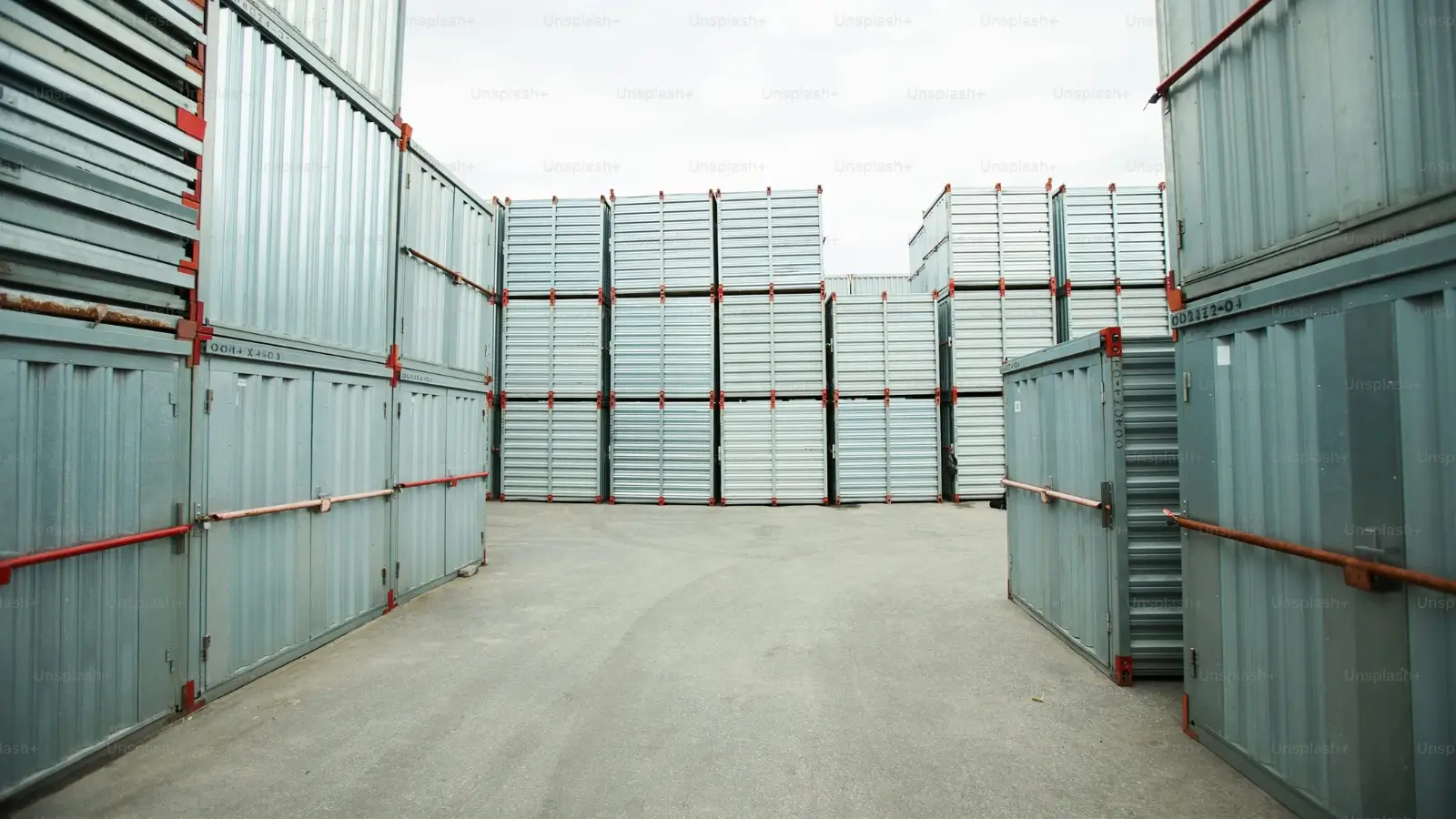


Shipping containers aren’t just for moving cargo across the seas anymore; more people are using them for extra storage or even creative building projects. Because the options are so wide, finding the right container can feel a bit daunting. To help you cut through the choices, this article shares seven straightforward tips that make it easier to find a container that actually suits your storage needs.
Always remember that a shipping container that houses cumbersome household furniture does not need the same build as one that houses heavy machinery. If you are storing items, like electronics or paper files, you could require an insulated container. Most countries can throw in cold snaps, rain, and warm spells in the same month, so it’s smart to match the container to the things you’re protecting.
If you’re unsure, a lot of suppliers can help guide you by glancing at what you are storing. As a rough guide, a 20ft container is suitable for small business storage needs, although if you’re storing a car, large machinery or a big stock of goods, you may want to upgrade to a 40ft container. Furthermore, selecting the best size of container will save you money and make organising your storage a simple task.
There are plenty of pre-used containers for sale, which is friendlier on your wallet, but make sure to inspect them. Check the container, walk around it and look for spots of rust, dents or dodgy patches that would indicate bad repairs. In addition to that, now and then, it makes sense to spend a little more upfront to ensure that you’re going to get a unit that you won’t have to worry about later on.
Mould and damp can destroy everything you have stored in no time once condensation forms. For anything sensitive, like fabric or food products, ventilation or insulation is necessary. Insulated vessels maintain warmer temperatures, which is cool where summers and winters can be whacky. By using ventilation and insulation properly, you’ll save yourself the annoyance of having ruined stock.
One of the big decisions that needs to be made is whether you will buy a container or just rent one. If you need storage for a finite amount of time, renting is the cost-effective option. But if you need storage for the long term, buying proves to be cheaper in the long run. Both options are available, and most suppliers give you some flexibility, but it will depend on how long you intend to have the container for.
If your carrying case does not have a secure clasp for fastening it, you need to get a shipping container with reliable security. Always remember that when you’re looking on, try to choose a model that will permit you to add heavy-duty padlocks or lock boxes for added security. Also, many of the suppliers can configure containers with better security features, so make sure to ask what you can get.
Local experience matters because a provider understands the regional climate and what storage works best in urban and rural areas. Shipping Containers Christchurch guides you to the right option, delivers it safely, and handles setup too. Having that support takes the stress out of the process and ensures your container is ready to use. When you go with a reputable supplier, you’re getting peace of mind.
Once you figure out what you’re storing, what size you need and how much protection you want, the rest falls into place. And if you’re working through a reputable company, you can be sure that the container will be well-suited to your requirements. The right container will do the storage with proper safety and provide the best value for money so that your goods are safe for the period you need.